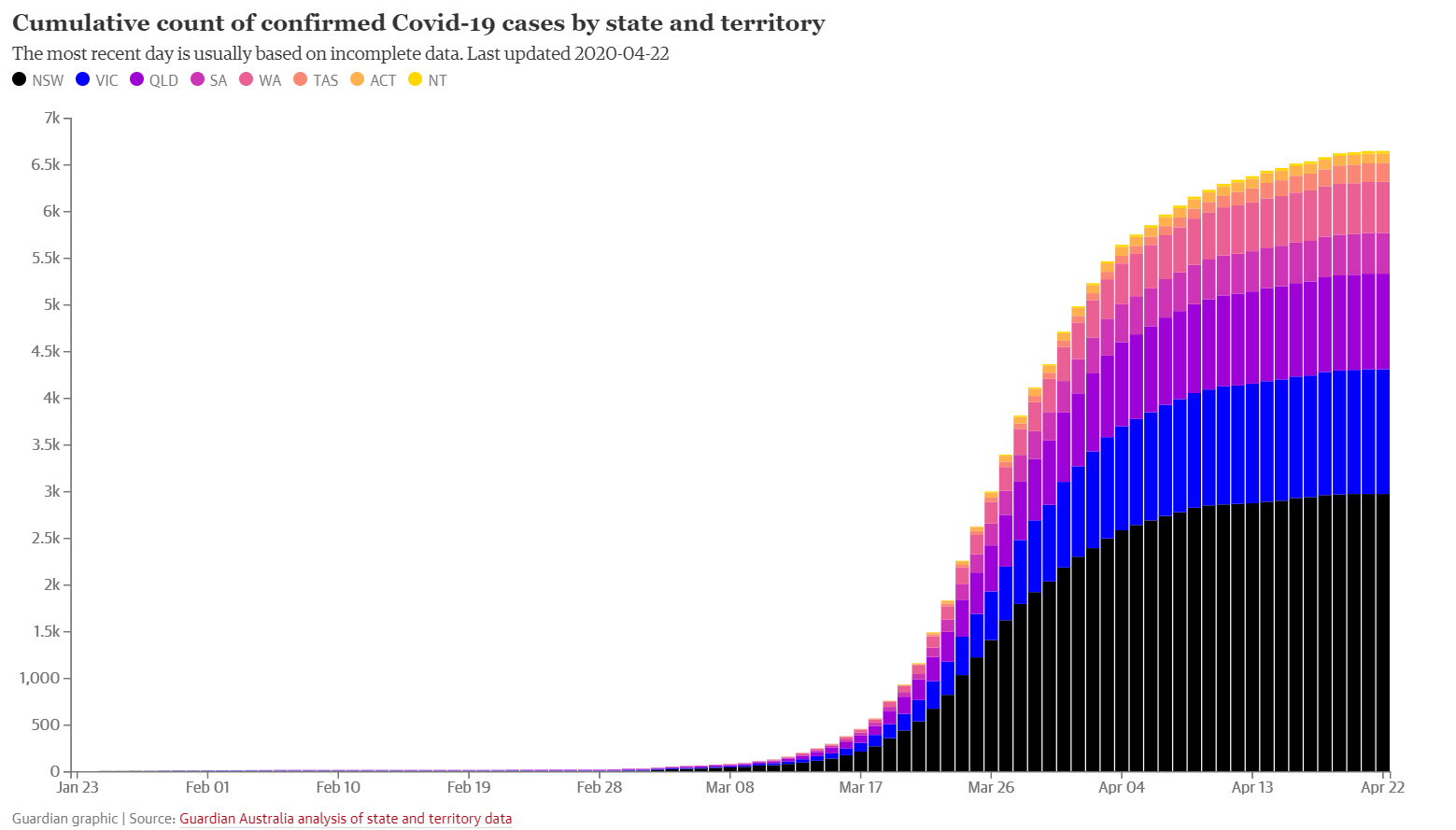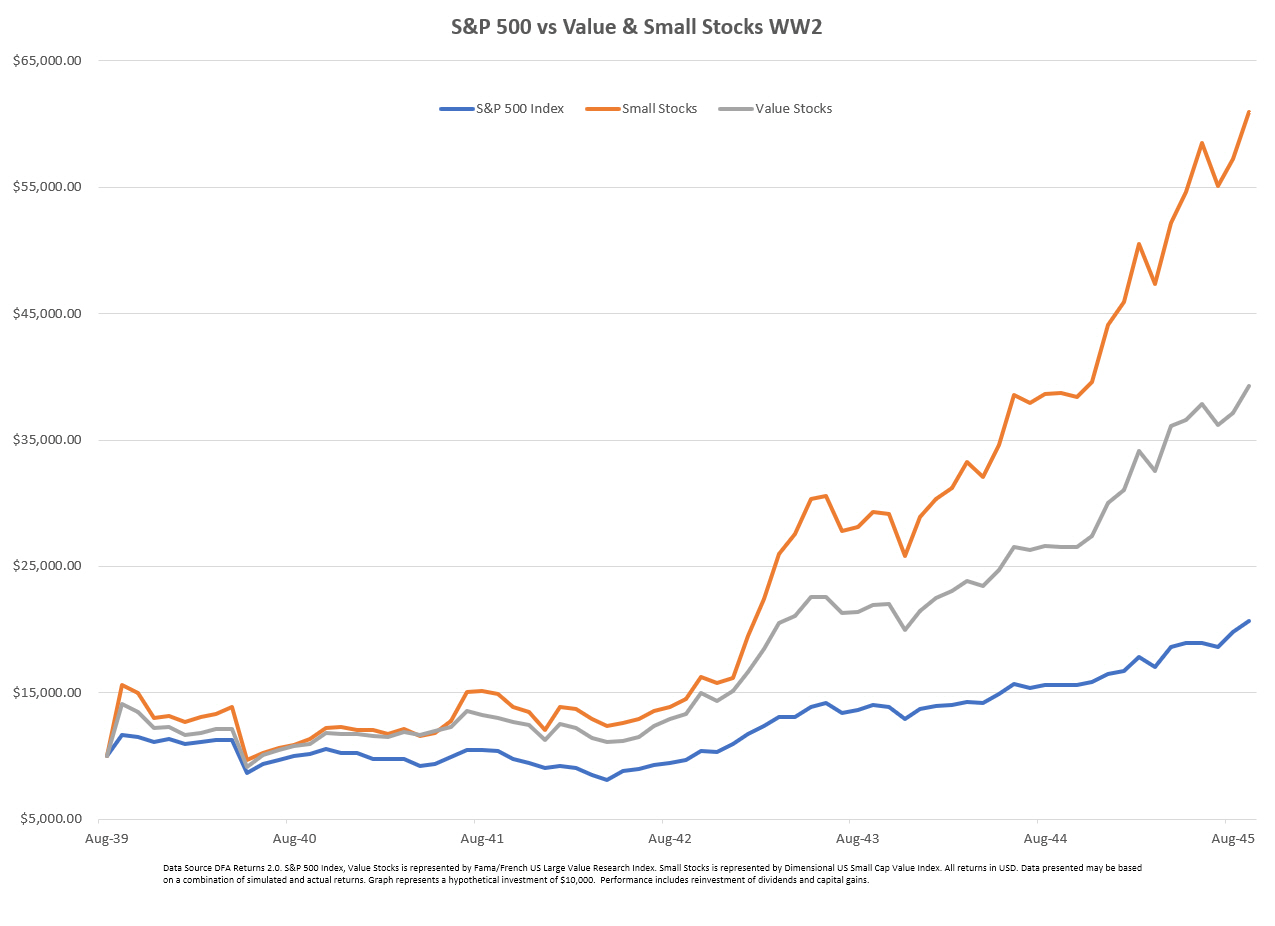Industry
funds over the years have crept up their holdings in growth assets in their
balanced funds in order to have increase performance during good times, that in
itself is not necessarily a bad idea. Then, they also hold an increasing portion
in unlisted assets, maybe infrastructure, direct property holdings or private
equity and other 'alternatives', which don't get repriced daily on stock or
bond markets. This then lessens the volatility which has helped these
fund experience seemly good returns, with less volatility. But, as I say, there
is never a free lunch when it comes to investing and I think I can see the
waiter coming with the bill.
As an example of the differences of unlisted assets not being subjected to the same volatility, as of March 30, Blackrock’s iShares Global Infrastructure ETF (Exchange Traded Fund so it is priced daily by the market) was down 28% this year. In comparison, over at super fund Hostplus, their infrastructure option was down a mere 2.8% this year, as per their valuation on March 27. That type of small write down doesn’t pass the sniff test.
These unlisted assets are now causing some panic within the superfunds themselves. The government, making another sweeping change with the stroke of a pen, saw fit to open up superannuation to unexpected withdrawals. Self-assessed, non-taxed withdrawals from members who’d lost their job or suffered a 20% income decline. The superfunds are demanding the government help to facilitate withdrawals, so they don’t need to liquidate assets in a crunch.
Some funds, led by the union-and-employer-controlled industry sector, want the government to underwrite a “liquidity backstop facility” that would provide immediate cash to pay withdrawals. For-profit funds oppose the idea. There is no suggestion any super fund is at risk of collapse. Rather, industry sources fear that the forced sale of assets would crush their value, crimping returns for people who remain in the fund.
Again, legislative risk and liquidity risk. If anyone should expect legislative risk, it’s the superannuation industry. The decision is a poor one, but we’ve warned about superfunds and their illiquid assets in the event of the worst. The worst happened. There is regular sabre rattling from one side of politics about superannuation funds. The LNP hold a decidedly dim view of superannuation. A cynic might suspect because it was a Labor creation and now the largest superannuation funds in the country have links to their mortal enemies, the unions. Liberal Senator, Andrew Bragg making an opportunistic, but relevant point.
Superannuation funds which may have overextended into illiquid assets, such as infrastructure and property and who did not retain adequate cash and other liquid holdings, did so knowing the risks they were adopting… To tout strong investment returns off the back of illiquid assets in the good years, only to come to the government cap in hand when markets inevitably turn, is simply a sign of bad management and poor investment governance.
To name super funds, it is reported that HostPlus and Rest super are potentially in the worst liquidity position because their members (hospitality and retail) are going to be the biggest proportion of people who take up the $10,000 superannuation withdrawal. Further to this, HostPlus started to liquidate some of their holdings in ISPT which is an unlisted property fund. ISPT, may now have to liquidate some of the assets within that fund, which gets back to actually testing if those valuations are correct by actually selling the asset at the moment. If the price is lower, this will have an impact on all the superannuation funds that hold these unlisted assets as the valuations across the board will have to come down.
I remain extremely satisfied with our investment philosophy and at the moment, the complete liquidity and with all assets traded and repriced daily on markets, means that whilst we feel every bump in the road with volatile markets, it also means we aren't left holding an asset that not priced correctly and potentially weighing down future returns as those mispricing's come to fruition.
This represents general information only. Before making any financial or investment decisions, we recommend you consult a financial planner to take into account your personal investment objectives, financial situation and individual needs.







